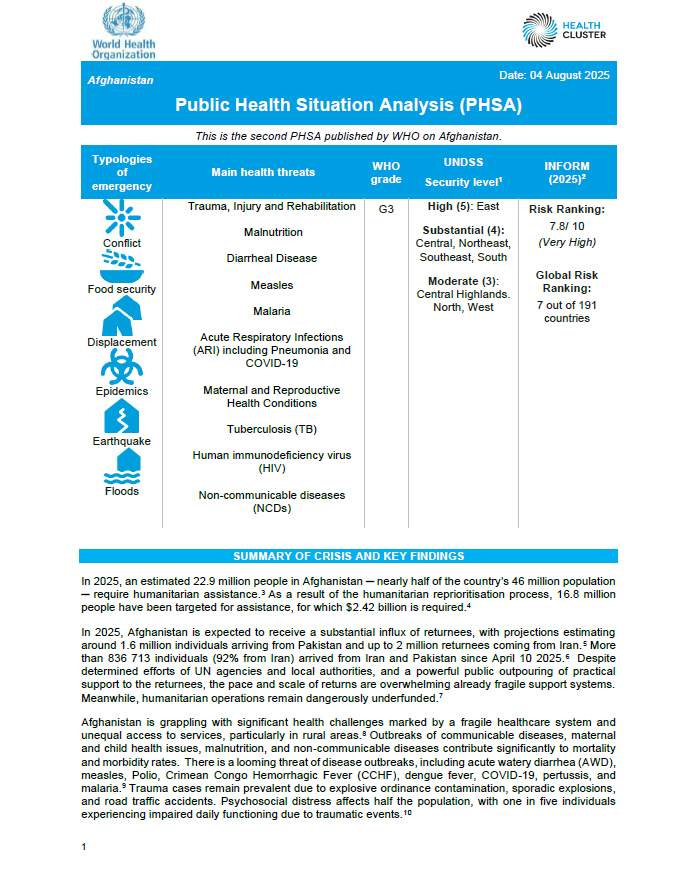Breaking: FTC Cracks Down on Health Care Employers' Restrictive Contract Practices

In a bold move to protect worker rights, the Federal Trade Commission (FTC) has taken a proactive stance on employment practices in the healthcare industry. Yesterday, the agency dispatched a series of letters to major healthcare employers and staffing firms, signaling a comprehensive review of employment agreements.
The primary focus of these communications is to scrutinize noncompete clauses that may unfairly restrict healthcare professionals' career mobility. The FTC is urging these organizations to carefully examine their existing contracts, ensuring they align with fair employment standards and do not unduly limit workers' opportunities.
This initiative underscores the commission's commitment to maintaining a competitive and equitable job market, particularly in the critical healthcare sector. By challenging potentially restrictive employment agreements, the FTC aims to empower healthcare workers and promote greater professional flexibility.
Organizations receiving these letters are expected to conduct thorough internal audits of their employment contracts, with a special emphasis on noncompete provisions that could potentially infringe on workers' rights to seek new opportunities and advance their careers.








